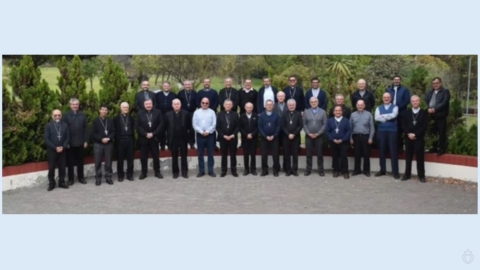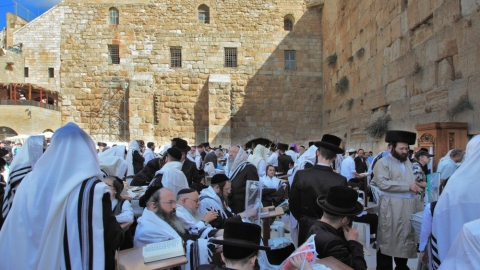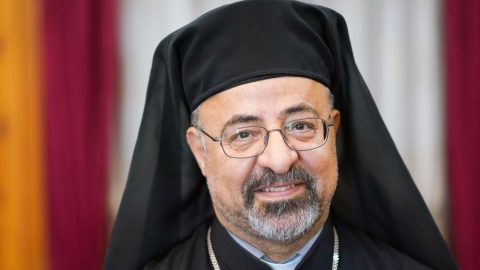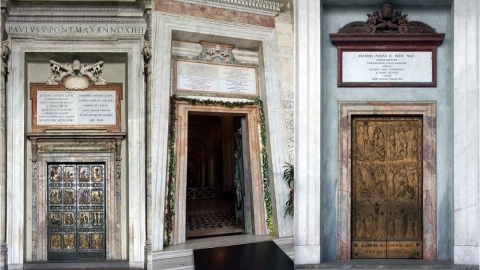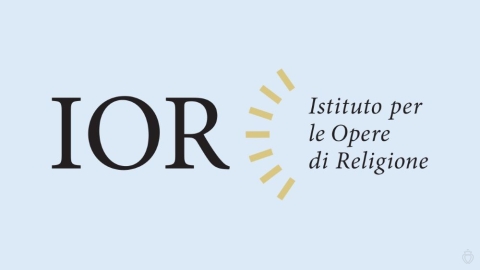Ukraine: Eastern Catholic Bishops Faced with the Orthodox
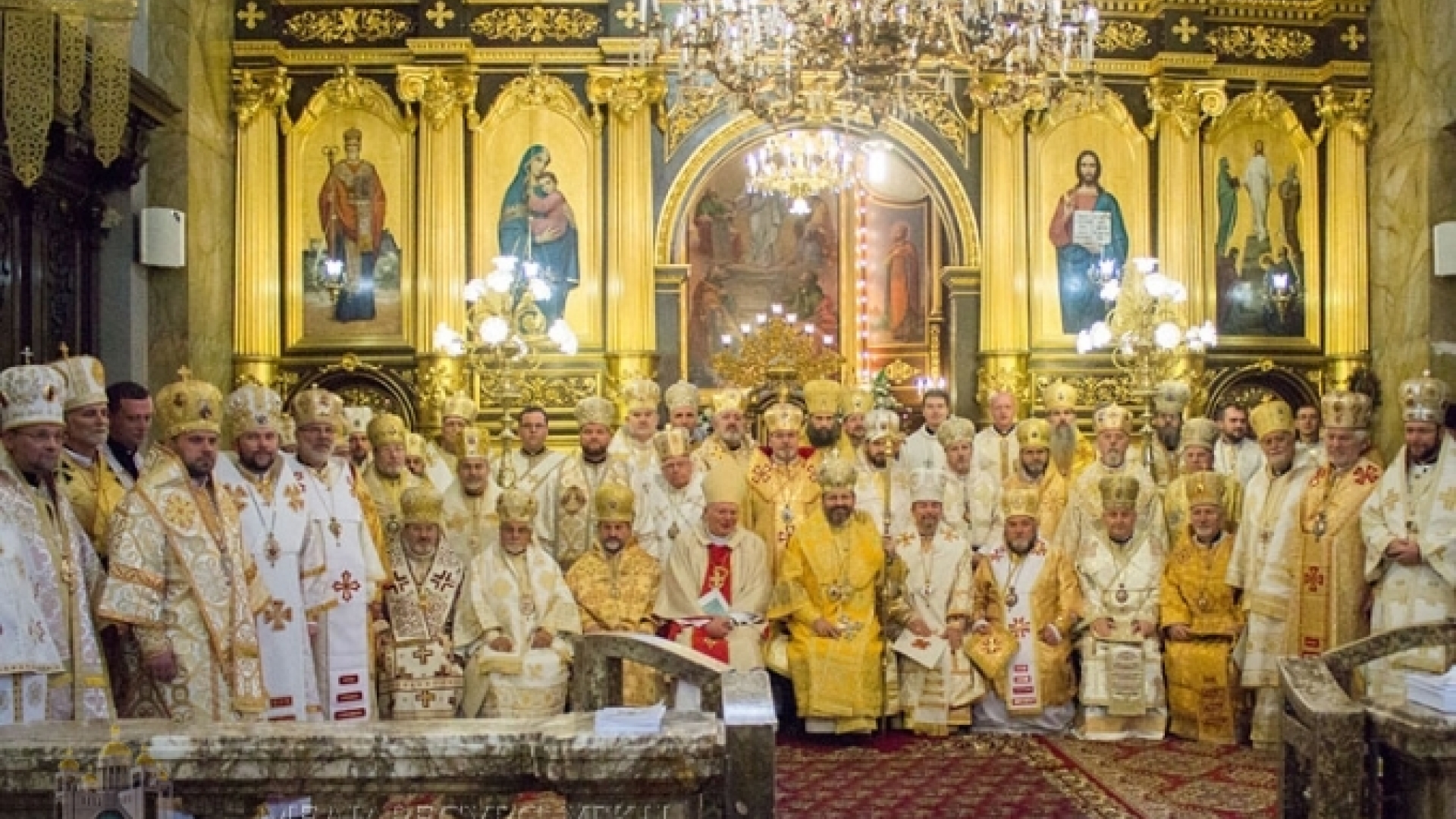
Eastern Catholic bishops met from October 23rd through the 26th for their annual meeting in Lviv, Ukraine.
They published on October 26, 2014, a message through the Council of European Bishops’ Conferences, under whose auspices they met. The Eastern Catholic bishops expressed their “fraternal wish that the Orthodox Churches might, in their turn, proceed in love and truth with the mission that God has confided to them.” They emphasized nonetheless their “right and duty to provide pastoral care to (their) faithful wherever they might be, as well as the right to announce the Gospel to those who have not yet received it (…) while respecting religious liberty,” in response to the accusations of the Orthodox Churches, especially that of the patriarchate of Moscow, of proselytizing in traditionally Orthodox regions.
We are certainly called to commit ourselves strongly, because the call to unity in the Church of Christ is one of the chief and irreversible requirements of the identity of the Eastern Catholic Churches, in spite of the difficulties and the fatigue of the ecumenical pathway,” the bishops added. The final declaration reminded the Vatican, sometimes inclined to keep the Eastern Churches at arm’s length in order to avoid painful subjects that might compromise the ecumenical dialogue promoted by Vatican II, that “the Eastern Catholic Churches desire an active involvement in the dialogue of truth and charity that the Catholic Church holds with the Orthodox Churches.
After celebrating the 25th anniversary of the legalization of the Ukrainian Greek Catholic Church [suppressed and incorporated into Orthodoxy by force under Stalin in 1948 – Ed.], the bishops characterized its “rebirth” as “an event permitted by Divine Providence, which is today drawing the whole Church to attentive discernment and to the adoption of a renewed missionary spirit in the spreading of the Gospel.” Faced with the dramatic situation of Middle-Eastern Christians and other religious and ethnic minorities, the Catholic bishops called for “a clear and decisive intervention from the international community among all concerned parties, in order to promote freedom of religion and of conscience, without overlooking a strong investment in education in order to promote the development of new generations that will be able to dialogue among themselves.”
However, the Catholic Church in Ukraine is far from showing a brotherly welcome to traditionalist communities.
The Fraternity of St. Josaphat, with a seminary and a convent in Lviv, and several parishes, has been working since its founding in 2000 to uphold tradition. However, it has undergone calumny and attacks from the Greek-Catholic archbishop of Lviv. In a pastoral letter dated early January 2008, Archbishop Ihor Vosniak of the Greek Catholic Ukrainians in Lviv, cited the condemnation in 2006 of Father Vasly Kovpak by the Ecclesiastical Tribunal of the Arch-eparchy of Lviv, and Fr. Kovpak’s subsequent defiance of the Vatican, and finally the confirmation of his excommunication by the Roman Congregation for the Doctrine of the Faith in late 2007 [Dec. 16, 2007 – Ed.] For more, see DICI no. 169, January 26, 2008, and Nouvelles de Chrétienté no. 108, November/December, 2007.
The apostolate of this priest was damaging the Church, in Archbishop Vozniak’s opinion, and for this reason he forbade the faithful to support him in any way. Currently (TBC) 21 priests of the Fraternity St. Josaphat are living in Ukraine in extreme poverty, preaching many retreats, catechizing the children and serving approximately 20 churches, ministering to around 20,000 faithful.
In Letter 1-2013 of Missions published in early 2013, Fr. Karl Stehlin, then district superior of Eastern Europe, stated that the SSPX would have liked to offer them material assistance in building a seminary, a priory and a church in Ternopil, a large city in central Ukraine… but they were only able to offer assistance in teaching their seminarians.
Sources: kipa-apic.ch – CCEE – DICI no. 304 - 07/11/14
